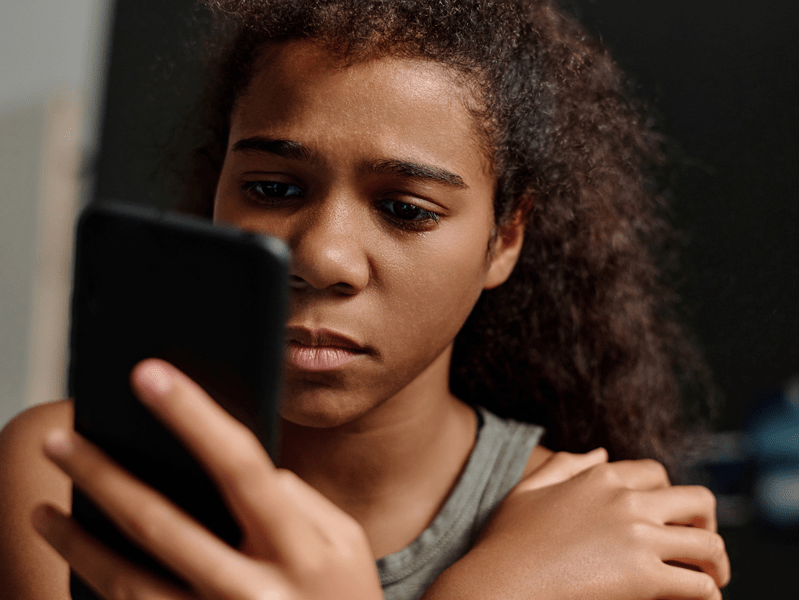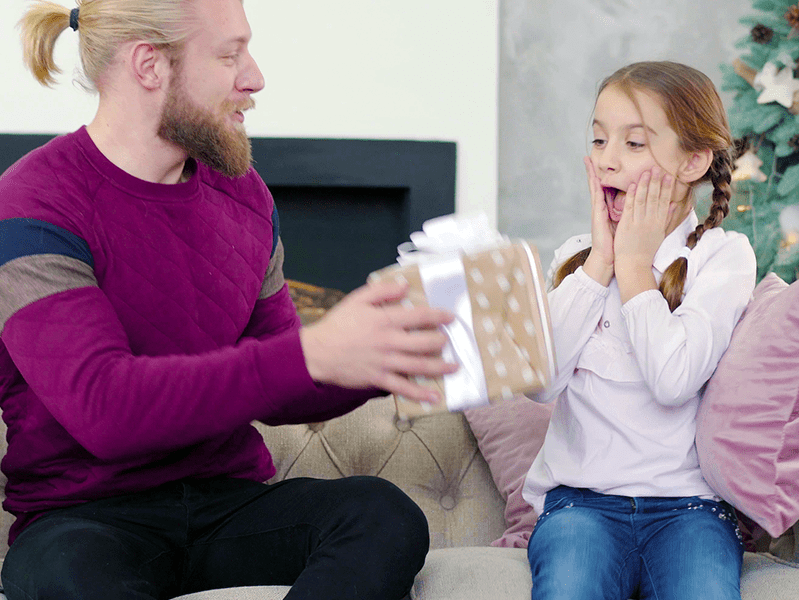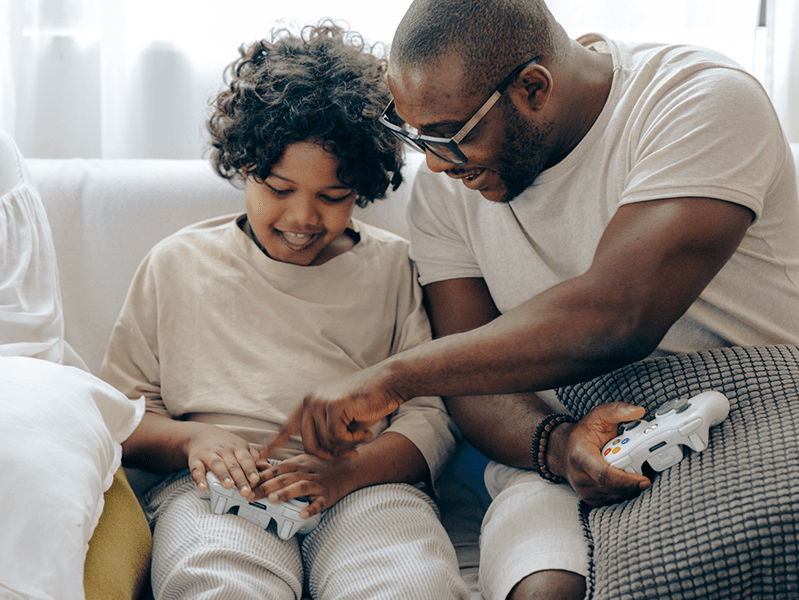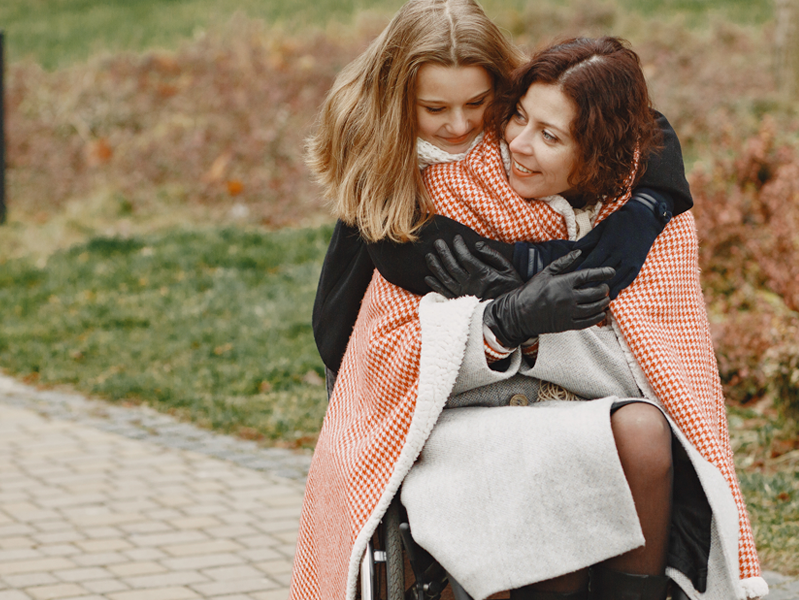Last Updated on 18th December 2025
Reading Time: 5.2 mins
October 8, 2025
Loneliness is a difficult emotion to face and most people experience it at some point in their lives. Despite being surrounded by so-called connections and followers, it is often only screen deep and can leave many feeling unfulfilled when it comes to their real-world lives. This can be especially difficult for children and young people as they are already navigating a stage of life that can present many challenges.
Although it is normal to feel lonely, a young person experiencing it might feel that there is something wrong with them or that it is their own fault. It is important to spot the signs and support a young person who is feeling lonely, even if they seem to regularly be surrounded by other people.
For children and young people, feeling lonely can happen when:
Although there may be specific reasons for feeling lonely, it can also be for no reason at all. Loneliness itself is not a mental health condition, but it can significantly change how you feel and lead to mental health conditions such as depression.

Source: GALLUP
Loneliness can look and feel different to everyone, but there are some signs you can look out for that might indicate a child is feeling lonely*:
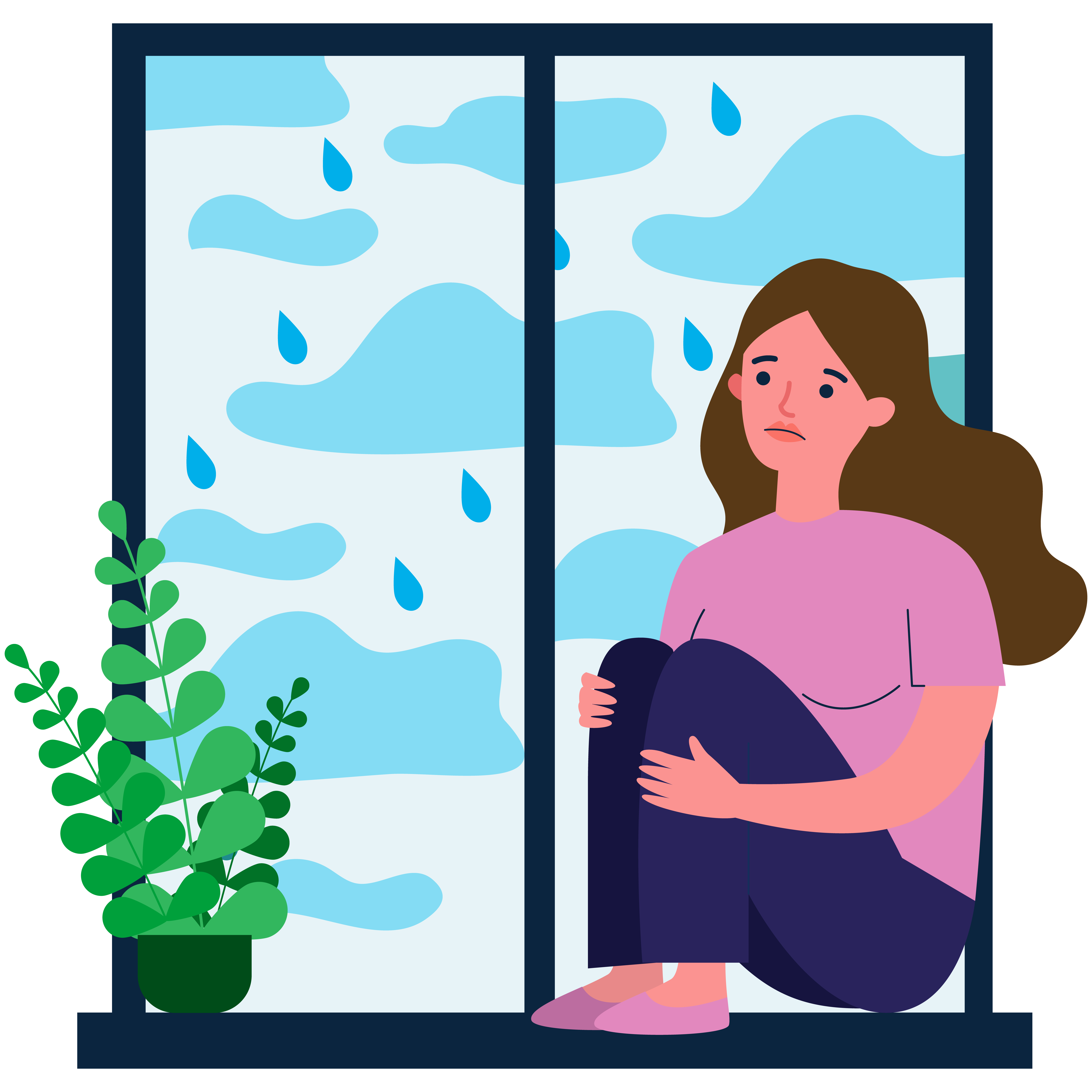
*Please note, this is not a diagnostic checklist and if you are concerned about the mental health of a child in your care, it is important to reach out to a medical professional.
Wider Impact
Being lonely or isolated can make children more vulnerable to various harms such as grooming, radicalisation and abuse. According to Action for Children, chronically lonely children are at greater risk of becoming victims of child sexual exploitation as they are less likely to be able to identify the differences between genuine interactions and relationships, and behaviour that is manipulative, coercive or abusive.
Additionally, studies have found that loneliness in childhood has been associated with future mental health problems, such as depression, up to 9 years later.
What Can You Do?
If you suspect that a child in your care is lonely, it is important to address it sensitively as they may be hesitant to open up about how they are feeling.
Further Resources
Join our Safeguarding Hub Newsletter Network
Members of our network receive weekly updates on the trends, risks and threats to children and young people online.





